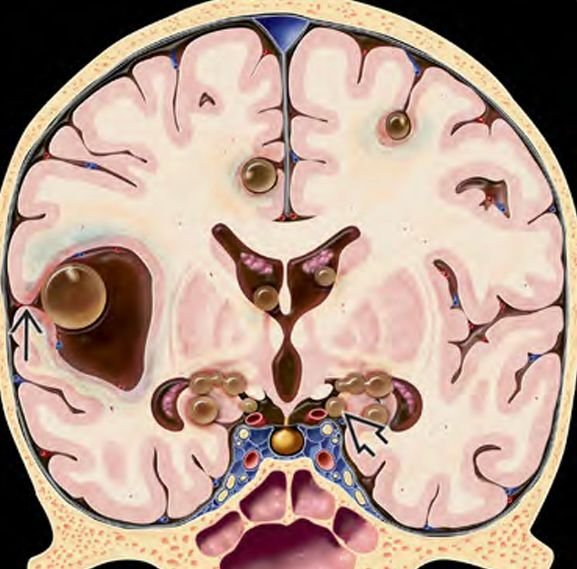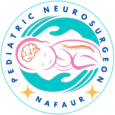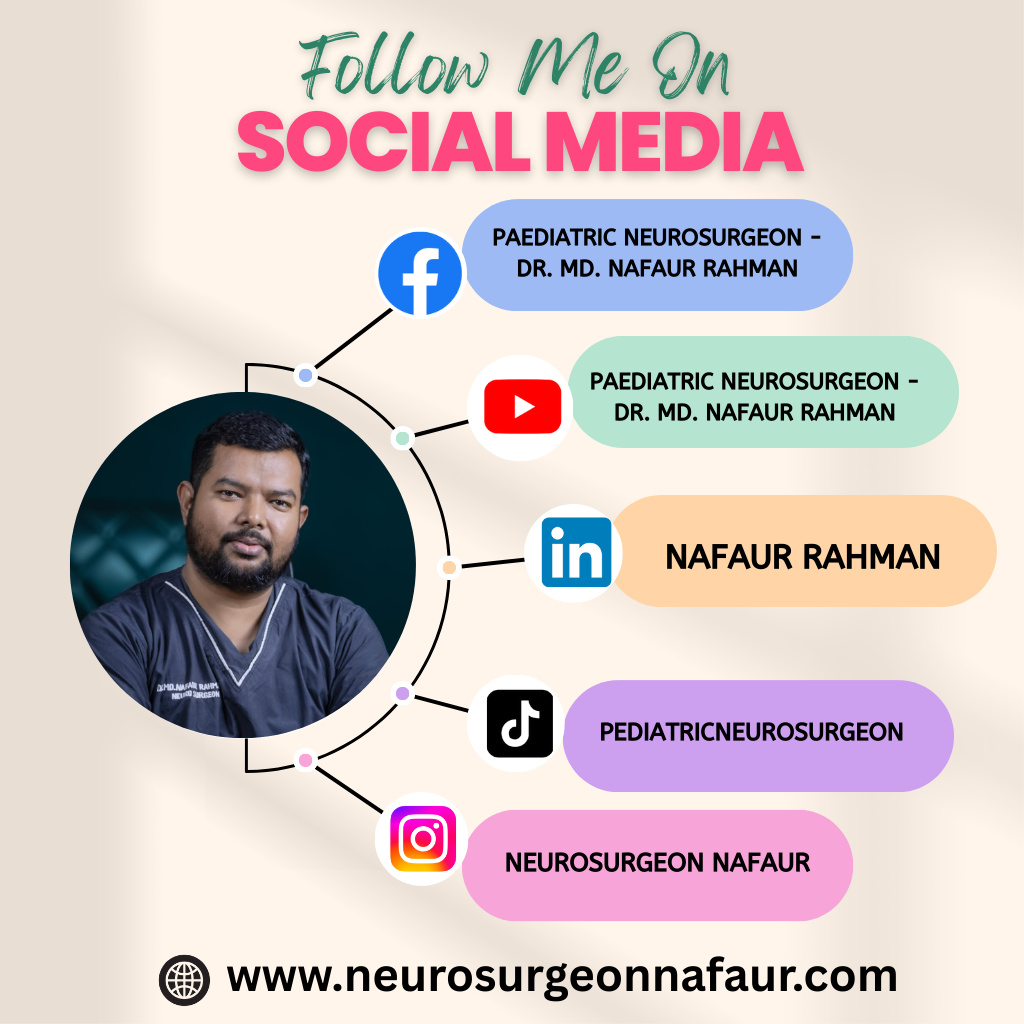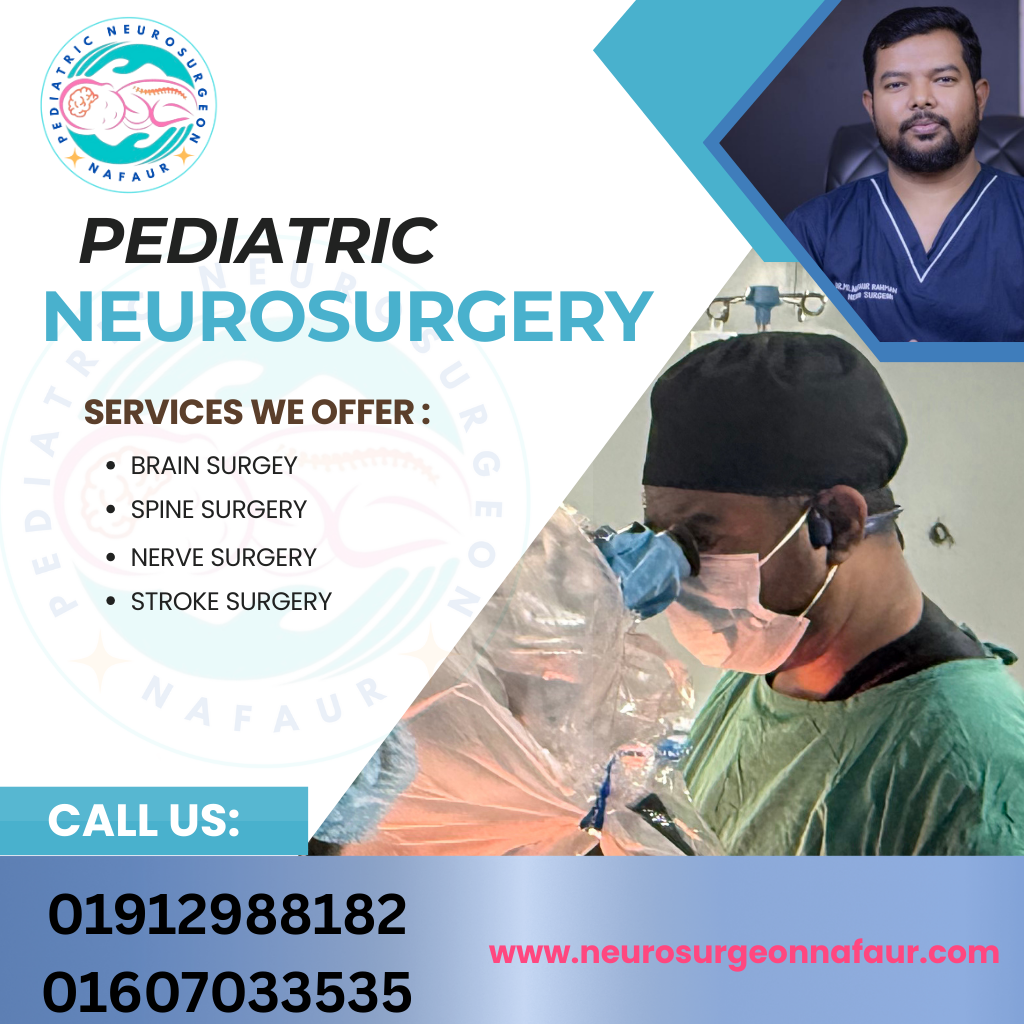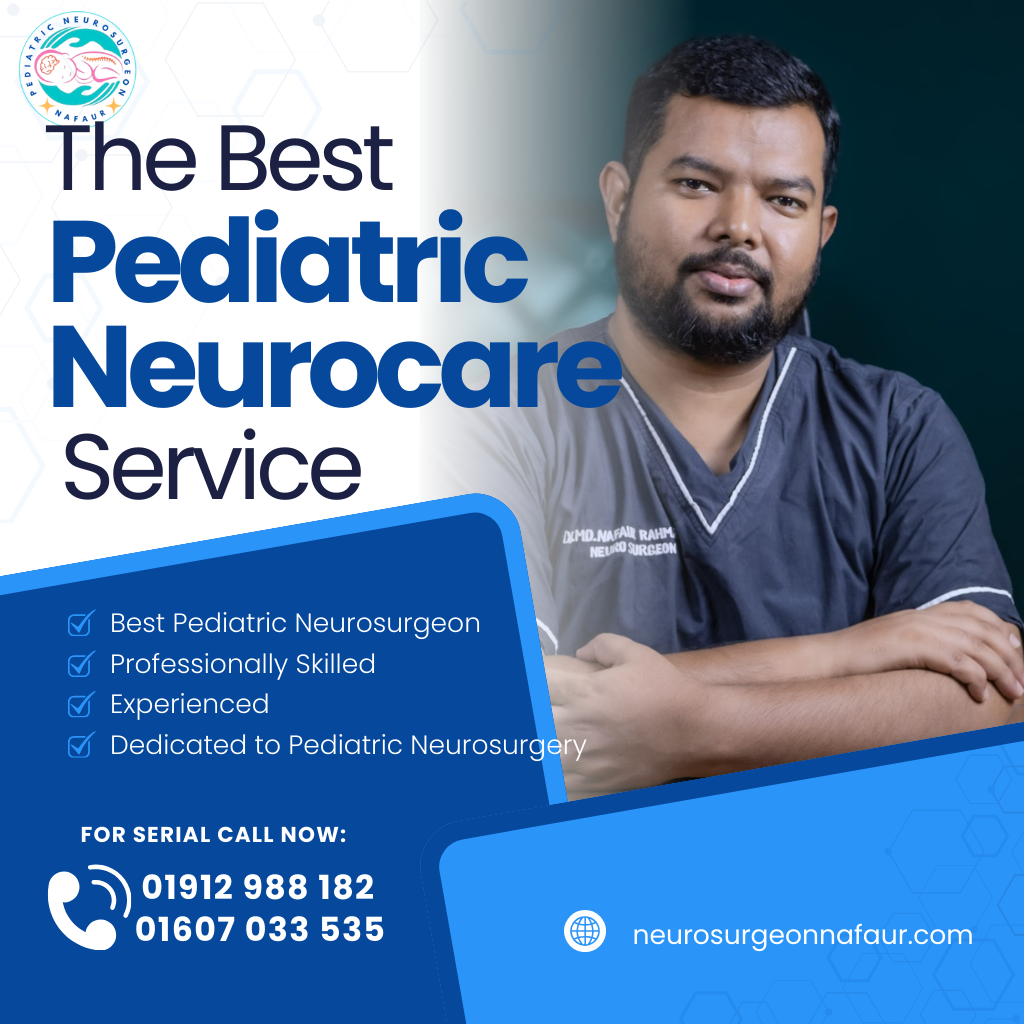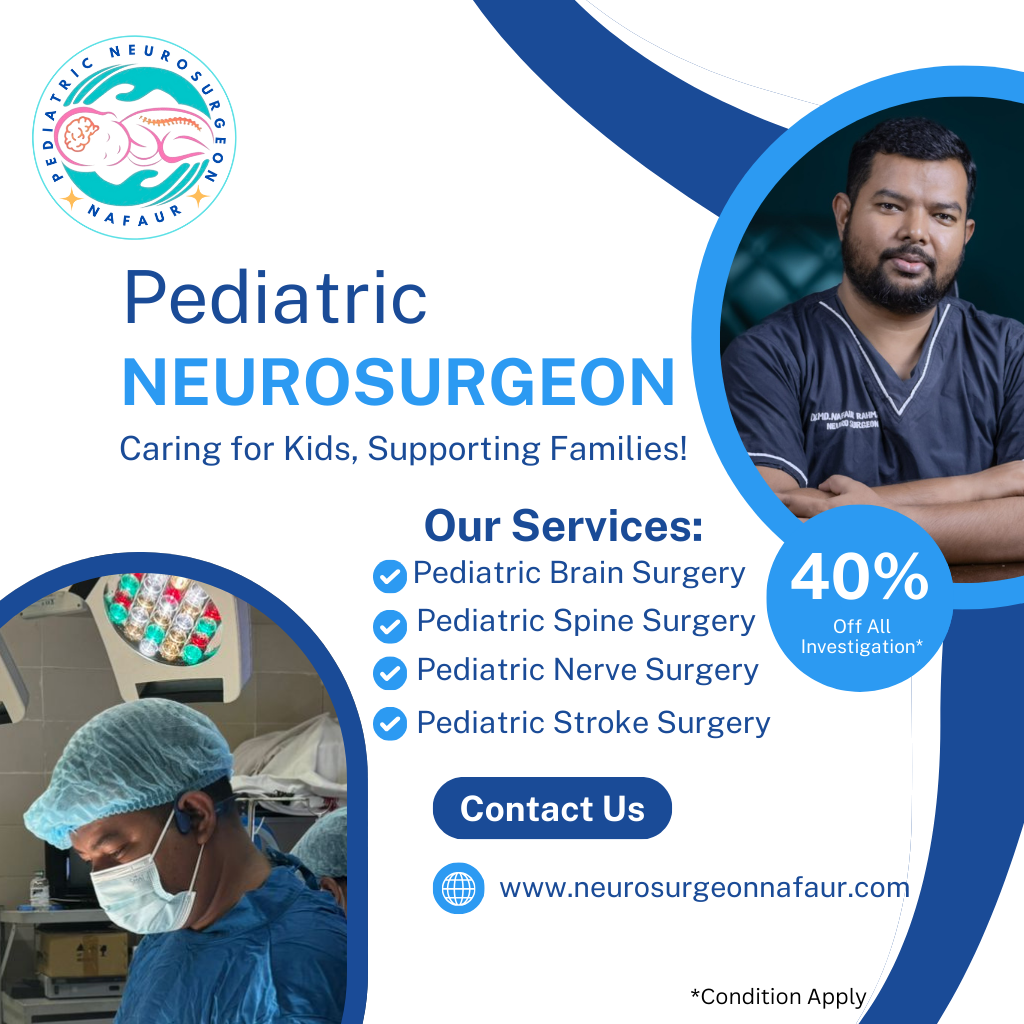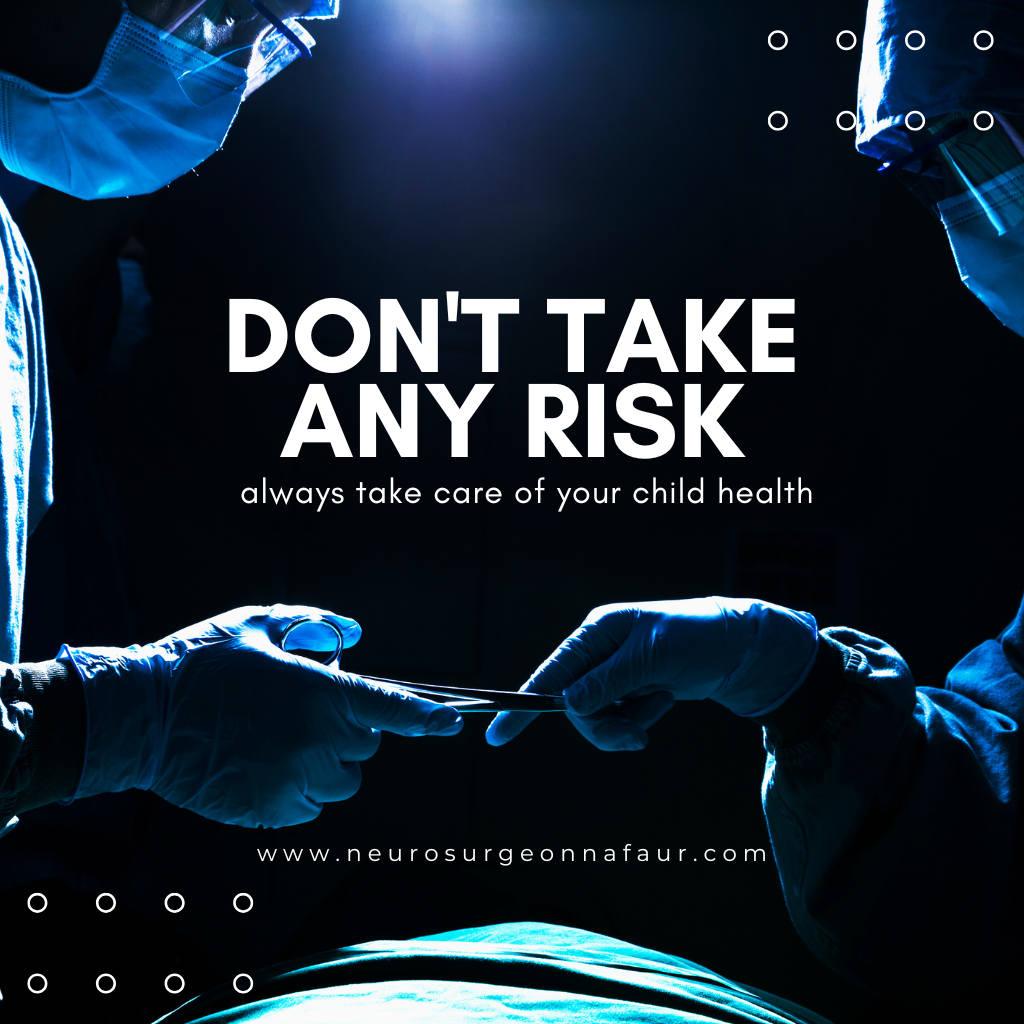Amebic Encephalitis
Amebic Encephalitis
Pediatric Amebic Encephalitis is a rare, rapidly progressive, and often fatal infection of the brain caused by free-living amoebae, primarily Naegleria fowleri (causing Primary Amebic Meningoencephalitis - PAM) and Acanthamoeba species (causing Granulomatous Amebic Encephalitis - GAE). In Bangladesh, due to the tropical climate and widespread use of untreated water sources, children are at a higher risk of exposure to these pathogens, especially in rural and peri-urban communities. This devastating disease requires early suspicion, prompt diagnosis, and aggressive management to improve survival chances. Dr. Md. Nafaur Rahman, a distinguished pediatric neurosurgeon, leads advanced diagnostic and therapeutic interventions for pediatric amebic encephalitis in Bangladesh. Causes and Risk Factors in Bangladesh Exposure to contaminated water bodies, ponds, lakes, or poorly chlorinated swimming pools Use of unfiltered or untreated water for bathing and drinking in rural households Nasal irrigation with contaminated water Immunocompromised children or those with chronic illnesses are more susceptible to Acanthamoeba infections Warm and humid climate in Bangladesh favors amoebic growth and survival Clinical Features in Children Pediatric patients typically present with: High fever, severe headache, nausea, and vomiting Rapid onset of stiff neck, photophobia, and altered mental status Seizures and focal neurological deficits may develop rapidly In PAM, the course progresses within days causing coma and death if untreated GAE has a more indolent progression but also carries a high mortality rate Symptoms often mimic bacterial meningitis or viral encephalitis, complicating diagnosis Diagnostic Approach Given the rarity and aggressive nature of pediatric amebic encephalitis, timely diagnosis is critical: CSF analysis may show elevated white cells, but standard tests often fail to identify amoebae Wet mount microscopy of CSF or brain tissue to detect amoebic trophozoites Neuroimaging (MRI and CT scans) to identify brain edema, necrosis, or granulomatous lesions PCR and immunofluorescence assays available in specialized centers to confirm diagnosis Early referral to tertiary care centers such as NINS is essential for proper evaluation Treatment Protocols Treatment of pediatric amebic encephalitis is complex and requires a multimodal approach: Aggressive antimicrobial therapy including drugs like Amphotericin B, Miltefosine, Rifampicin, Fluconazole, Azithromycin, and others Management of cerebral edema and increased intracranial pressure with steroids and osmotic agents Supportive care in pediatric intensive care units (PICU) with ventilatory support if needed Neurosurgical intervention may be necessary to relieve pressure or obtain tissue samples Close monitoring for complications such as seizures and neurological deterioration Challenges in Bangladesh Lack of awareness leads to delayed diagnosis and treatment initiation Limited availability of specialized diagnostic tools like PCR in many hospitals Many children present at advanced stages due to geographical and socioeconomic barriers Limited PICU facilities and neurosurgical centers outside Dhaka complicate management Need for increased public health education on safe water use and hygiene to prevent infection Prognosis and Outcomes Pediatric amebic encephalitis has a high mortality rate (over 95%) without early intervention Survivors often require long-term neuro-rehabilitation due to residual neurological deficits Early diagnosis and aggressive treatment significantly improve survival chances Follow-up care includes management of neurological sequelae and counseling for families Why Choose Dr. Md. Nafaur Rahman? ✅ Expert pediatric neurosurgeon with experience managing rare infectious encephalitis cases ✅ Access to multidisciplinary care including infectious disease specialists, intensivists, and rehabilitation teams ✅ Equipped with modern neuroimaging and diagnostic tools at NINS and Bangladesh Paediatric Neurocare Centre ✅ Committed to improving pediatric neurological outcomes in Bangladesh’s resource-limited settings ✅ Provides affordable and accessible care for complex neurological infections Contact for Pediatric Amebic Encephalitis Care in Bangladesh 📌 Dr. Md. Nafaur Rahman Assistant Professor, Department of Pediatric Neurosurgery, National Institute of Neurosciences & Hospital (NINS) Chief Consultant, Bangladesh Paediatric Neurocare Centre 📞 For Consultation and Emergency Contact: 📱 +8801912988182 | +8801607033535 🌐 Visit: www.neurosurgeonnafaur.com
